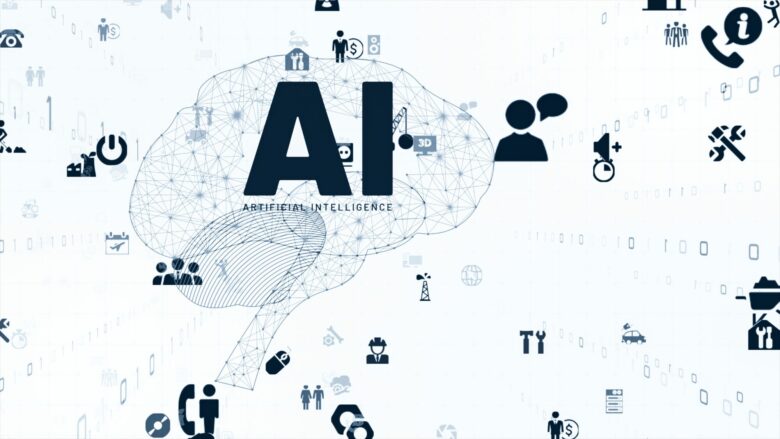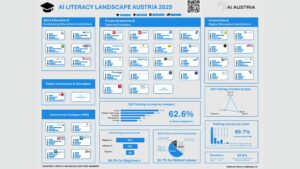AI makes human strengths more important than ever in the workplace

Due to the ongoing developments surrounding AI-supported agents, many players in the labor market fear for their jobs. However, a new global study by Workday paints a different picture: 83 percent believe that AI makes human skills more important and promotes creativity. This creates a new type of economic added value.
Global study – including Austrian respondents
In a new global study entitled “Elevating Human Potential: The AI Skills Revolution,” 2,500 full-time employees from 22 countries were asked about their expectations of artificial intelligence. The study was commissioned by Workday and carried out by Hannover Research from Virginia. The results paint a relatively optimistic picture of the future and put the fear that AI will replace humans into the background.
Workday is a large US-based enterprise platform based on AI that offers companies services such as asset management. The study conducted a year ago is said to have shown that only 52 percent of employees welcomed the use of AI in their workplace.
Active users see advantages in AI
The survey results show active AI users are the most positive about the new technology. This group rated its benefits with 4.23 out of 5 points. People who plan to integrate AI into their daily work in the next 12 months but have not yet done so gave a rating of 3.89 points. According to Workday, those respondents were particularly skeptical.
More time for “more meaningful” activities
According to the study, the reason why regular users find the support of AI tools valuable is because artificial intelligence helps them focus better on higher-level tasks such as strategy development and problem-solving. In other words, AI helps them free up human capacity for more meaningful activities.
In addition, 90 percent of employees said that AI would ensure greater transparency and clear accountability within the company. Managers (92 percent) are even more convinced of this than employees (89 percent).
Interpersonal Relationships in the AI Age
Another key finding of the study sheds light on how interpersonal relationships in the workplace are changing due to AI. The answers vary depending on the level of the hierarchy: While 82 percent of employees believe that the need for human interaction will increase and also consider this to be necessary, only 65 percent of managers do so. This is the clearest discrepancy between employees and managers found in the study.
Reassessment of personal competencies
Workday, which says it serves more than 60 percent of Fortune 500 companies, concludes: “Unique human qualities such as ethical decision-making, empathy, relationship building, and conflict resolution skills are seen as essential for success in an AI-driven economy.” These are the four most important human-related skills that AI is least likely to replace.





























